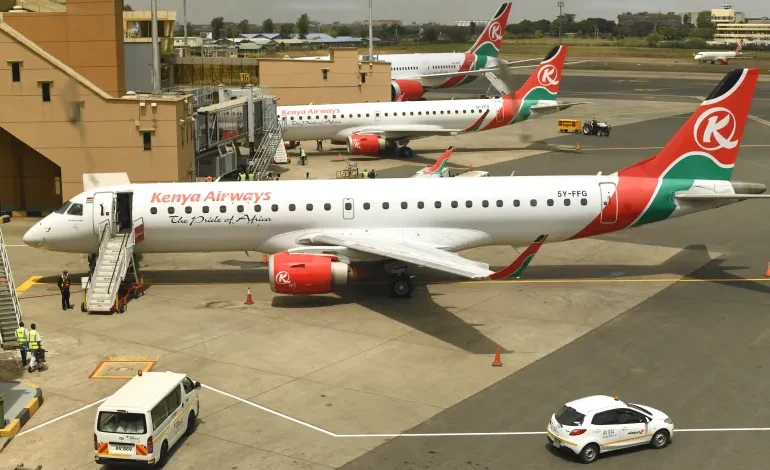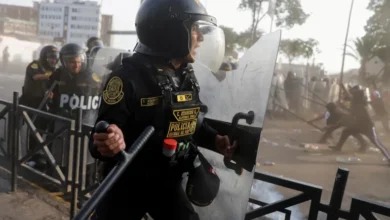Kenyan minister apologises after main airport hit with power outage

Kenya’s transport minister has apologised after a widespread electricity blackout the previous night left passengers at the main airport in Nairobi grappling in darkness.
Power went off in many parts of the country at 9:45pm (18:45 GMT) on Friday, the electricity distribution company Kenya Power said in a statement, attributing the loss to “a system disturbance”.Online footage from local broadcaster NTV showed travellers huddling around the main terminal at the Jomo Kenyatta International Airport (JKIA) in darkness, while some used mobile phone torches to light their way.
Tourism is an important part of Kenya’s economy, and stranded travellers quickly posted images on social media of the darkened airport.
The airport operator Kenya Airports Authority (KAA) said that one of its stand-by generators, which serves the terminal, did not kick in after the grid went off.
Generators serving the flight control tower and the airport runway were functional at all times, Transport Minister Kipchumba Murkomen said on Saturday in a televised news conference, adding that no passengers or aeroplanes were put in danger by the outage.“I wish to issue an unreserved apology to all travellers and airport users who were affected in one way or another by the power disruption,” Murkomen said.
National airline Kenya Airways did not respond immediately to a request for comment.
Murkomen said KAA’s board had terminated the contract of Managing Director Alex Gitari, appointing Henry Ogoye as acting head.
It also transferred JKIA’s manager, Abel Gogo, to manage a different airport, replacing him with Selina Gor.Kenya Power said it had restored supply to the airport five hours after the incident began. Many homes and businesses were still without power more than 15 hours after the blackout started.
While widespread power outages do happen in Kenya, it is rare for the blackouts to affect operations at the airport, with no reports of such incidents in recent memory.
Kenya gets almost all its energy from renewable sources, but infrastructure and alleged mismanagement remain an issue in the country of about 55 million people.










